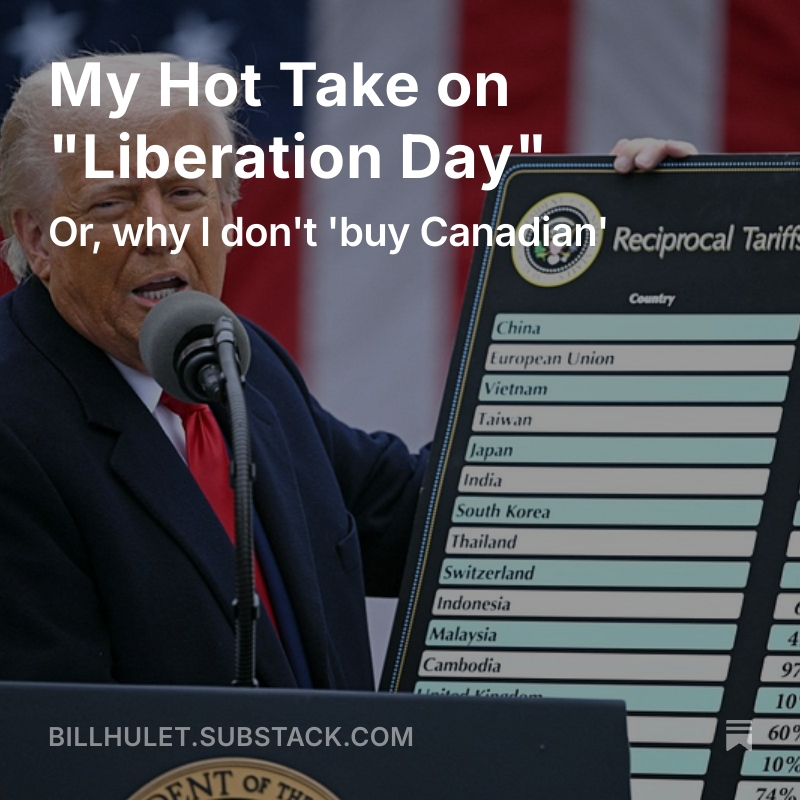"Capitalism is the enemy of all who seek to seize liberty. Only through full anarchocommunism can all be freed."
Agreed. My concern is always how to get from where we are now to where we want to be.
One of the problems that I tangentially referred to, but didn't get into because of space constraints is the way capitalism is colonizing governance. Any large project or disagreement brings in highly-paid consultants like ants to a picnic. And for them, there is every inducement to stretch-out the process as long as possible because they get paid by the hour. I wonder how long things would stretch if all consulting contracts were by the job instead of by the hour?












Of course, there are nuances. The graphic was only a mechanism for showing readers that there is an issue that is orthogonal to the standard left-right continuum. When someone comes up with a way of measuring legalism objectively (sorta like the way the Gini coefficient measures inequality), I'll think about parsing things out with more precision. ;-)